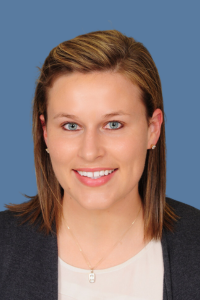There are many ways for dermatologists to help their patients battle the signs of aging, which is why so many people choose to have skin treatments performed in Walnut Creek. The following are 7 ways a dermatologist can make your skin look younger.
Chemical Peels
Chemical peels date back to Ancient Egypt and have long since become a very popular practice for the beautification of skin. Chemical peels are made possible by combining natural acidic substances and applying them to one’s facial region. There are many benefits to chemical peels, most of which revolve around the possibility of reducing the appearance of acne scars, wrinkles, freckles, hyperpigmentation, and more.
One-Pass Laser Resurfacing
People who are most fond of the one-pass laser resurfacing procedures are usually the ones who have a fair number of wrinkles and skin issues. The one-pass laser resurfacing treatment can help people lessen the appearance of their skin’s discoloration, dark eye circles, and more. This treatment is ideal as it requires a very short amount of healing time, and poses little risk.
Laser Skin Resurfacing
Laser skin resurfacing is also a great treatment to receive, especially when trying to minimize the sins of scars, moderate wrinkles, dark spots, and more. Moreover, the laser skin resurfacing procedures helps rebuild the levels of collagen in one’s skin, thus causing it to look fresher and younger.
Fraxel Laser Treatment
The fraxel laser treatment is made to target a patient’s face, hands, neck, and body, as these are the areas that are most prone to aging. This treatment is particularly good for people who have wrinkles and dark spots left over from excessive sun exposure. On top of that, the fraxel laser treatment poses little to no risk and requires minimal down time.
Micro Lipo Injection
Micro lipo injection is a term used to describe the transfer of body fat to another region of the body. It is most commonly used to make patients have a more youthful appearance due to fat having been transferred to problem areas.
Microdermabrasion
Microdermabrasion is one of the most common forms of anti-aging procedures used among the younger population, and this is because it is a non-invasive treatment that targets the appearance of acne, fine lines, and scars. To do so, dermatologist exfoliate the outer layer of their patient’s skin, making way to a fresh and youthful layer of skin.
Face & Neck Lifts
Face and neck lifts are perhaps one of the more invasive rejuvenative treatments a dermatologist has to offer, but they are also some of the most successful. Face and neck lifts are made possible by lifting loose skin and tightening it into place.
Disclaimer: We are unable to guarantee any result, even though most of our patients do see success. The results of our services will vary greatly to each patient’s level of commitment and compliance with the program.







